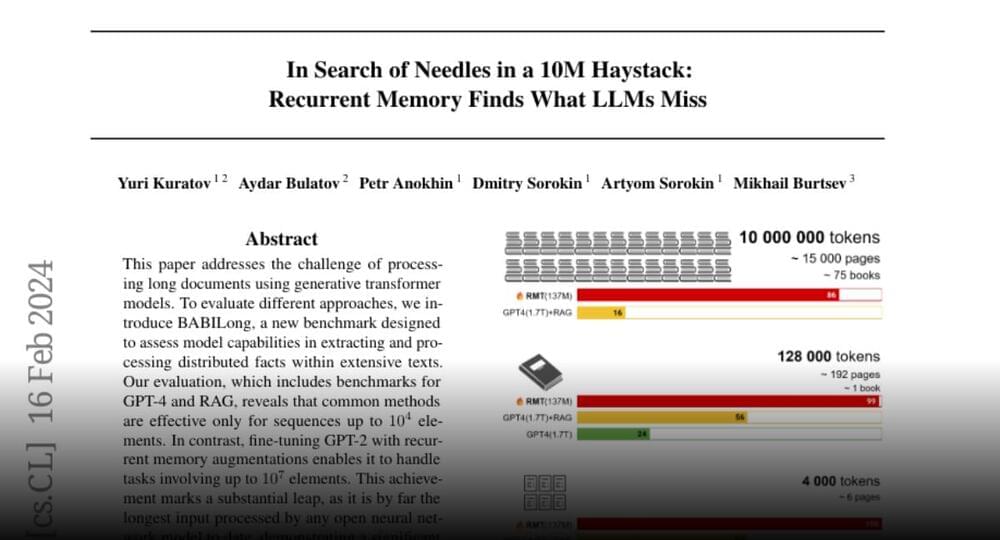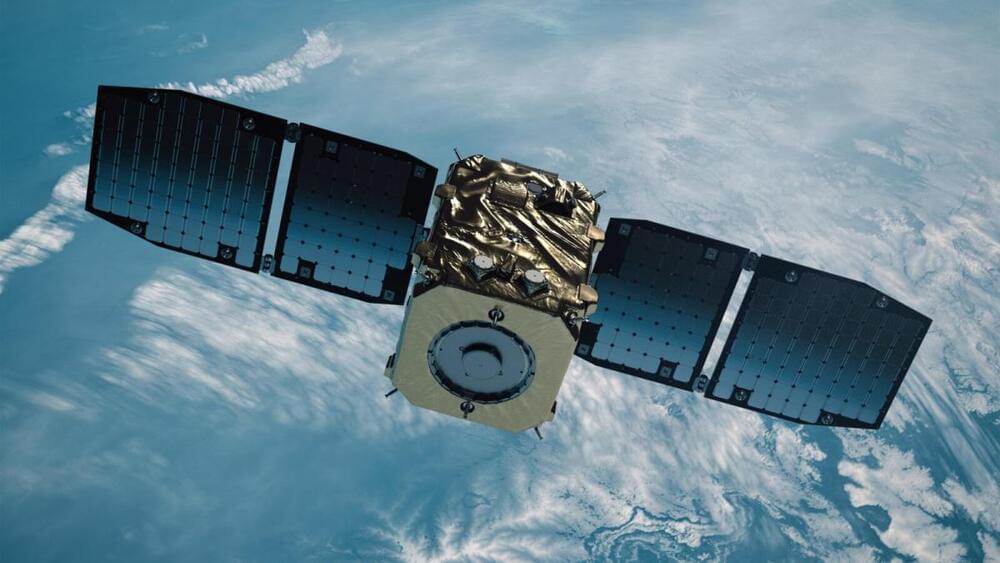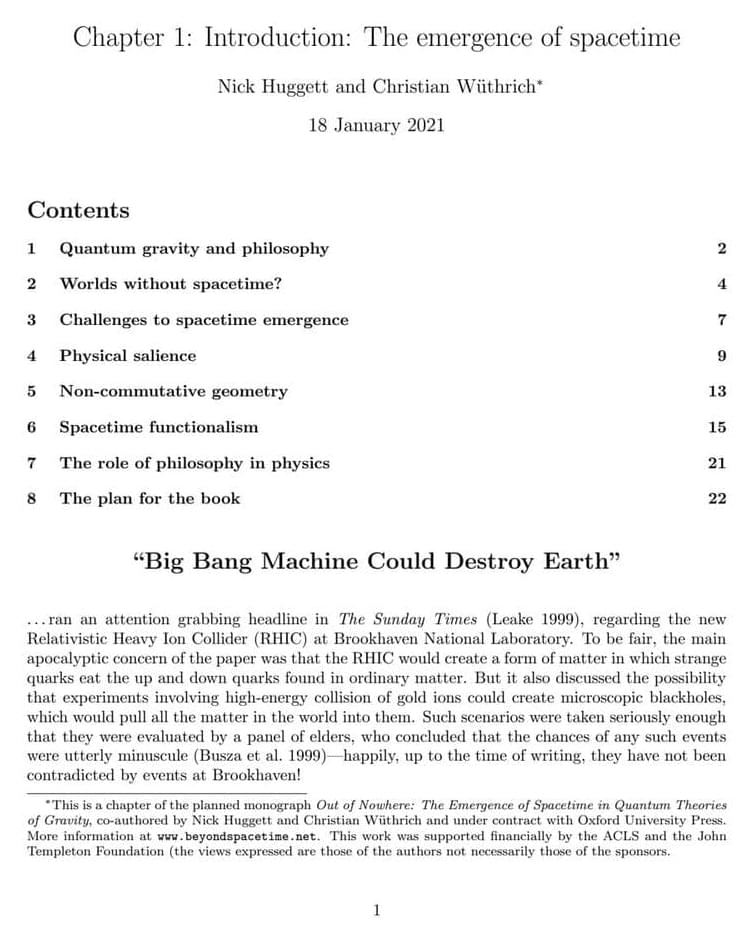In search of needles in a 10M haystack.
Recurrent memory finds what llms miss.
Join the discussion on this paper page.



An often-overlooked water plant that can double its biomass in two days, capture nitrogen from the air—making it a valuable green fertilizer—and be fed to poultry and livestock could serve as life-saving food for humans in the event of a catastrophe or disaster, a new study led by Penn State researchers suggests.
Native to the eastern U.S., the plant, azolla caroliniana Willd—commonly known as Carolina azolla—also could ease food insecurity in the near future, according to findings recently published in Food Science & Nutrition. The researchers found that the Carolina strain of azolla is more digestible and nutritious for humans than azolla varieties that grow in the wild and also are cultivated in Asia and Africa for livestock feed.
The study, which was led by Daniel Winstead, a research assistant in the labs of Michael Jacobson, professor of ecosystem science and management, and Francesco Di Gioia, assistant professor of vegetable crop science, is part of a larger interdisciplinary research project called Food Resilience in the Face of Catastrophic Global Events conducted in the College of Agricultural Sciences.
Non-personalized content and ads are influenced by things like the content you’re currently viewing and your location (ad serving is based on general location). Personalized content and ads can also include things like video recommendations, a customized YouTube homepage, and tailored ads based on past activity, like the videos you watch and the things you search for on YouTube. We also use cookies and data to tailor the experience to be age-appropriate, if relevant.
Select “More options” to see additional information, including details about managing your privacy settings. You can also visit g.co/privacytools at any time.


Astroscale’s ADRAS-J spacecraft, a demonstration satellite that could inform future space junk cleanup efforts, is now in orbit after a successful launch from New Zealand on Sunday. The satellite was sent to space atop an Electron rocket from Rocket Lab. Its mission, which was selected by Japan’s space agency (JAXA) for Phase I of the Commercial Removal of Debris Demonstration program, will see ADRAS-J rendezvous with an old Japanese rocket upper stage that’s been in orbit since 2009.
There it goes! 🛰️👋
ADRAS-J is now in orbit, ready to start its mission of rendezvousing with an aging piece of space debris and observing it closely to determine whether it can be deorbited in future.


His ideas should have been used not lobotomies.
Neuropsychopharmacol ogy volume 37, pages 2883–2884 (2012) Cite this article.

